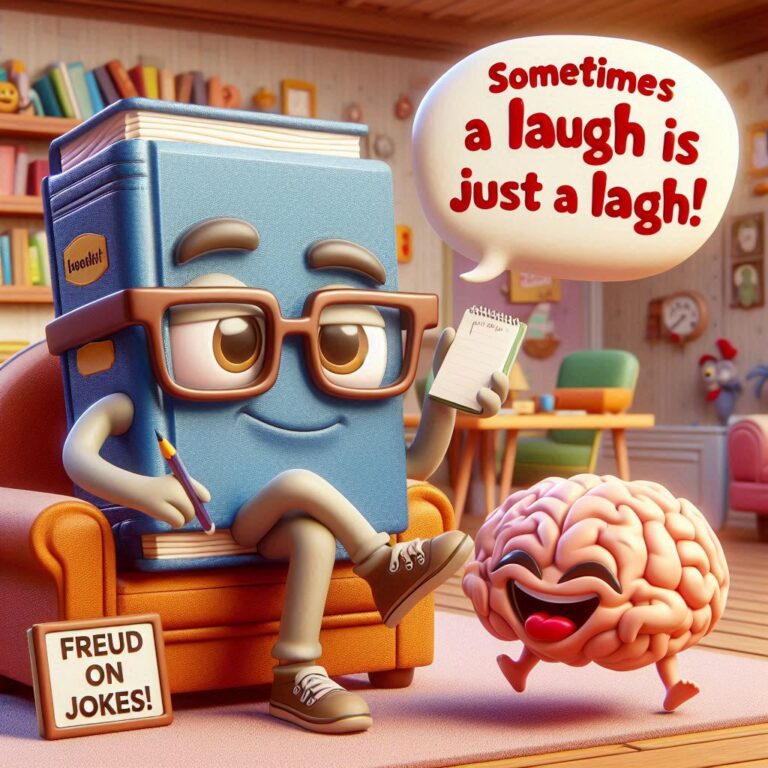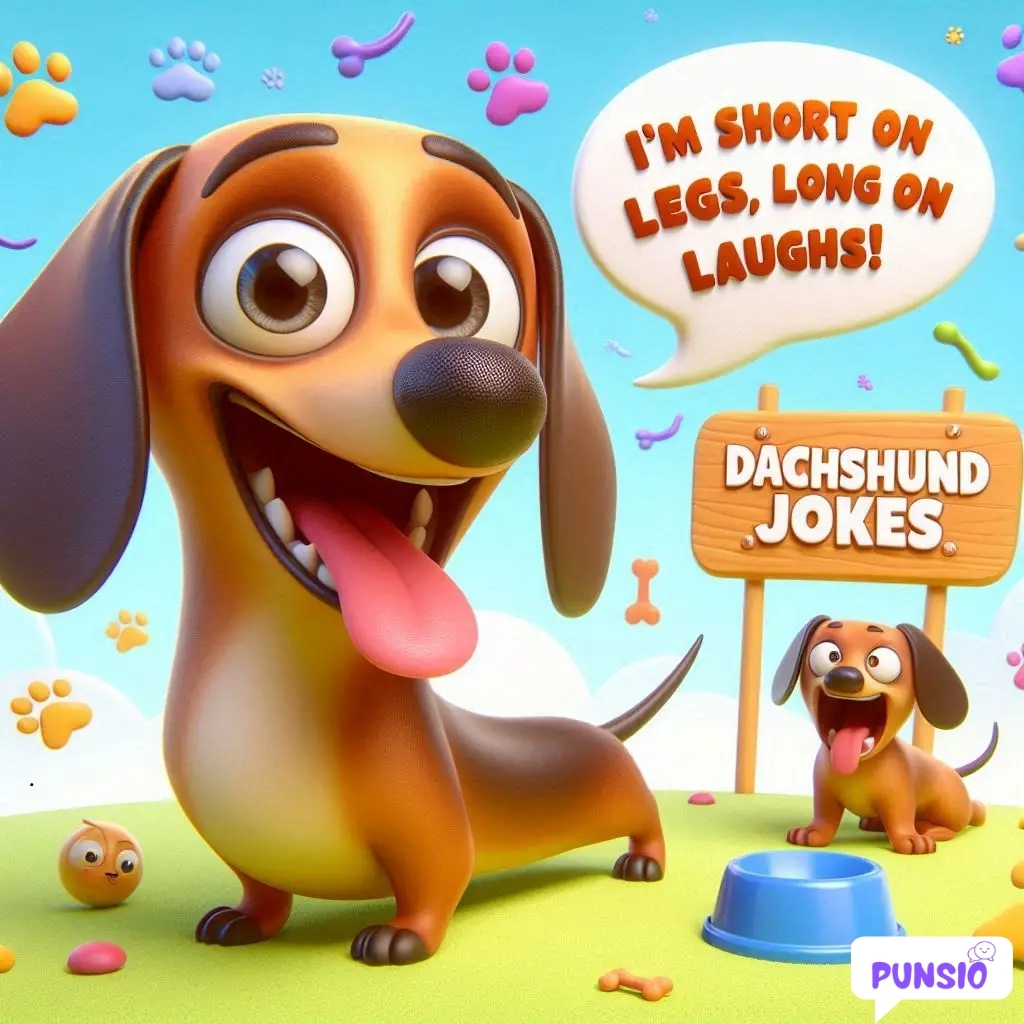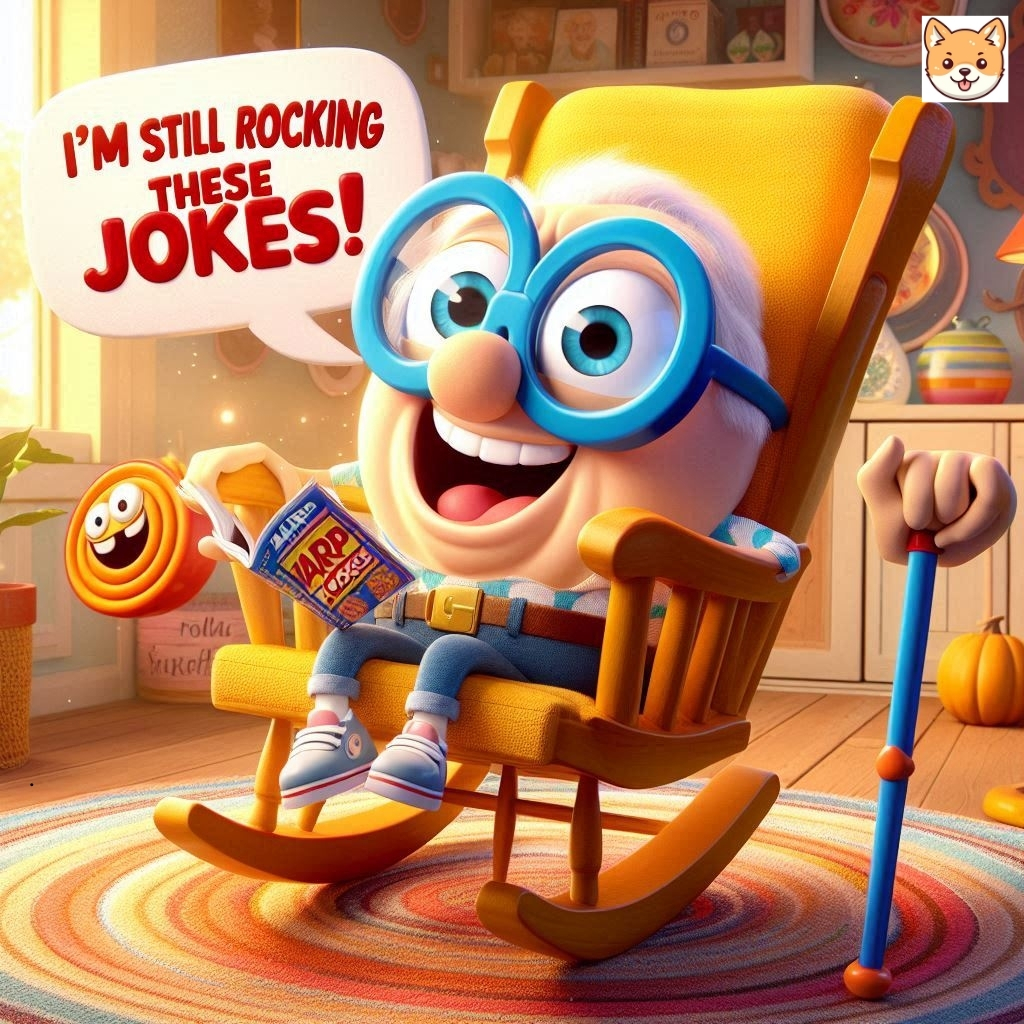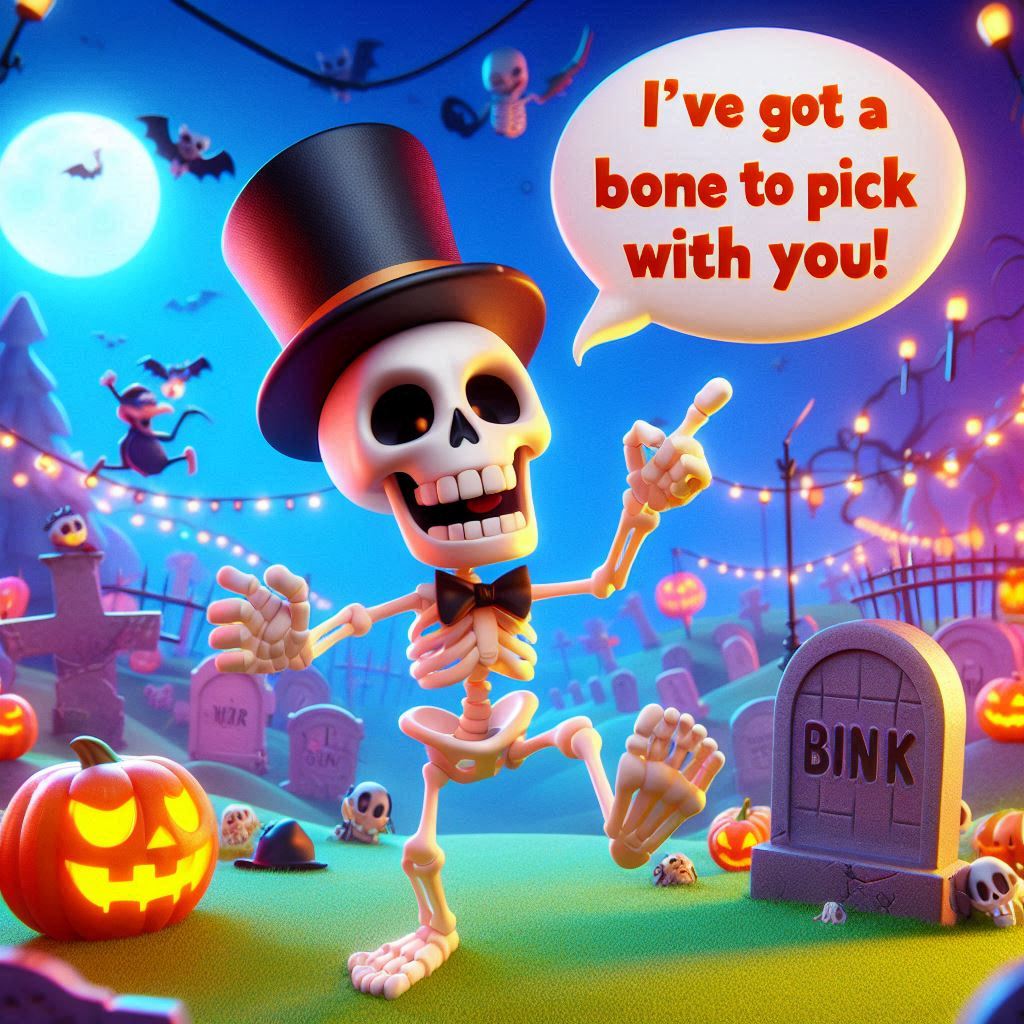Freud on jokes always gets people curious and laughing! 🧠 He believed jokes reveal hidden thoughts and feelings. This post shines light on Freud On Jokes in a fun way.
I first read Freud’s take back in college. His ideas mixed psychology with humor perfectly. I couldn’t stop giggling at the examples.
Did you know Freud published Jokes and Their Relation to the Unconscious in 1905? 📖 He argued jokes unlock secret desires and repressed ideas.
That’s a century-old study on why we laugh!
I’ve shared this fact with friends over coffee. They laughed while questioning their own silly jokes. Psychology and humor blended surprisingly well!
So stick around and smile with me. Freud may sound serious, but his jokes weren’t. Let’s laugh while learning a little psychology! 😄
I. Best 17 Freud On Jokes Analysis
Freud’s analysis of jokes offers deep insights into the human mind and the role humor plays in psychological health.
His theories reveal how laughter connects to unconscious desires and social norms.
1. Why did Freud bring a ladder to the comedy show? Because he wanted to reach new levels of subconscious humor!
2. Why don’t Freud’s jokes ever get old? Because they’re always rooted in deep-seated feelings.
3. How does Freud fix a broken joke? He analyzes the punchline’s hidden meaning.
4. Why was Freud bad at playing hide and seek? Because he kept revealing unconscious motives!
5. What did Freud say about a joke that fell flat? It lacked the repressed energy to succeed.
6. Why did Freud love puns? They’re a playful way to access the unconscious mind.
7. How do Freud’s jokes stay so clever? They tap into repressed memories in a fun way.
8. Why did Freud refuse to tell a joke about the subconscious? He thought it might reveal too much!
9. What’s Freud’s favorite type of humor? The kind that unearths hidden desires.
10. Why did Freud laugh at the clock? Because it was always timing his unconscious thoughts.
11. How does Freud explain a joke about a bicycle? It’s a two-wheeled metaphor for balancing repressed feelings.
12. Why did Freud enjoy light-hearted jokes? They help release unconscious tension.
13. What’s Freud’s secret to a good joke? It’s all about the hidden meaning beneath the surface.
14. Why do Freud’s jokes often involve family? Because family dynamics are a key to understanding the unconscious.
15. How does Freud approach a joke about a psychologist? With a keen eye for underlying motives.
16. Why did Freud’s humor always make sense? Because it connected conscious laughter with unconscious truths.
17. What did Freud say when he heard a clever joke? “That’s a true expression of the id!”
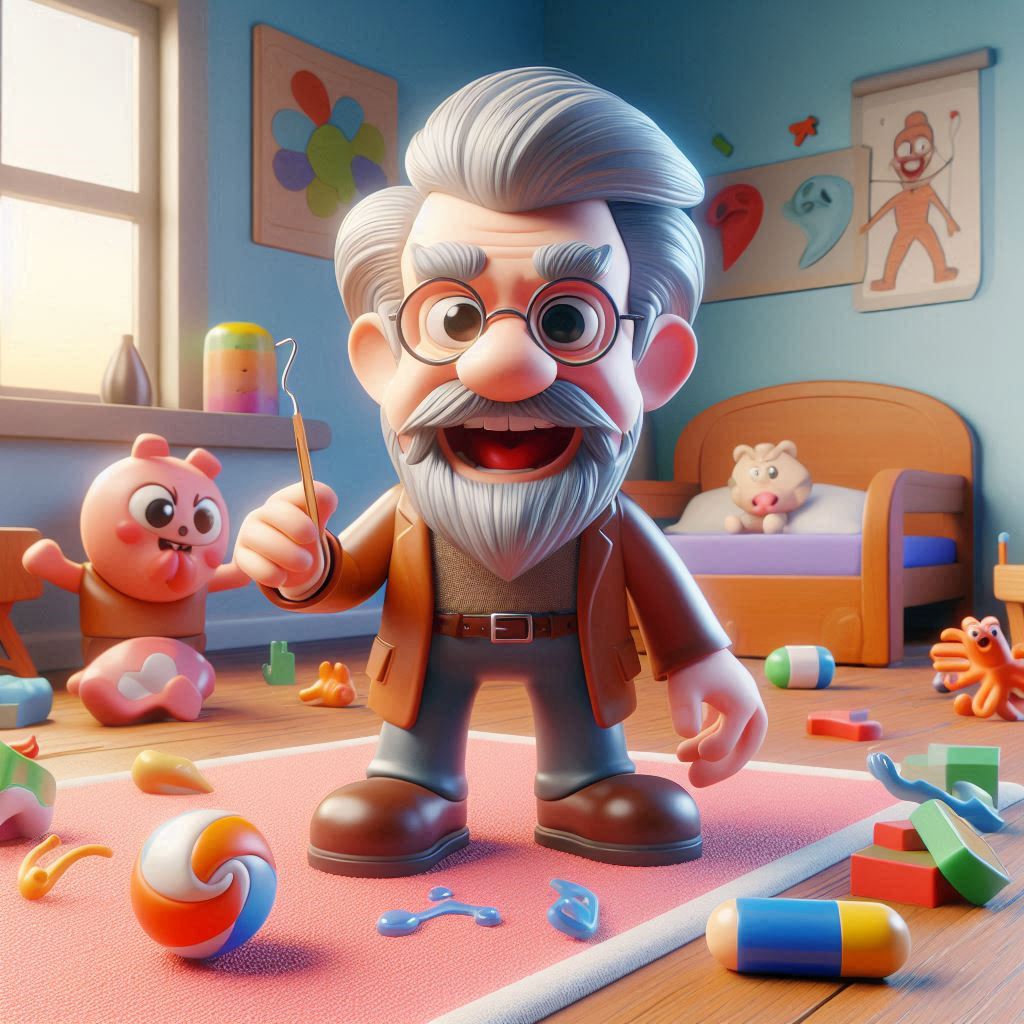
II. One liner Jokes According to Freud
Quick, witty, and packed with psychological insight—Freud’s take on one-liner jokes reveals how humor reflects our deepest subconscious. Prepare for laughs with a psychoanalytic twist!
- Q: Why did Freud bring a ladder to the comedy show? A: Because he wanted to reach new levels of subconscious humor!
- Q: Why don’t Freud’s jokes ever get old? A: Because they’re always rooted in deep-seated feelings.
- Q: How does Freud fix a broken joke? A: He analyzes the punchline’s hidden meaning.
- Q: Why was Freud bad at playing hide and seek? A: Because he kept revealing unconscious motives!
- Q: What did Freud say about a joke that fell flat? A: It lacked the repressed energy to succeed.
- Q: Why did Freud love puns? A: They’re a playful way to access the unconscious mind.
- Q: How do Freud’s jokes stay so clever? A: They tap into repressed memories in a fun way.
- Q: Why did Freud refuse to tell a joke about the subconscious? A: He thought it might reveal too much!
- Q: What’s Freud’s favorite type of humor? A: The kind that unearths hidden desires.
- Q: Why did Freud laugh at the clock? A: Because it was always timing his unconscious thoughts.
- Q: How does Freud explain a joke about a bicycle? A: It’s a two-wheeled metaphor for balancing repressed feelings.
- Q: Why did Freud enjoy light-hearted jokes? A: They help release unconscious tension.
- Q: What’s Freud’s secret to a good joke? A: It’s all about the hidden meaning beneath the surface.
- Q: Why do Freud’s jokes often involve family? A: Because family dynamics are a key to understanding the unconscious.
- Q: How does Freud approach a joke about a psychologist? A: With a keen eye for underlying motives.
- Q: Why did Freud’s humor always make sense? A: Because it connected conscious laughter with unconscious truths.

III. Q&A on Freud’s Theories of Humor
Explore common questions about Freud’s ideas on humor and jokes, uncovering how his psychoanalytic approach explains the nature of laughter and comedy.
- Q: How does Freud explain the psychological function of jokes? A: He believes jokes serve as a safe outlet for expressing unconscious desires and repressed feelings.
- Q: Why does Freud think humor is important for mental health? A: Because it allows the release of tension and helps integrate unconscious thoughts into conscious awareness.
- Q: What role do social norms play in Freud’s view of humor? A: Jokes often challenge or reinforce social norms, reflecting underlying conflicts between individual impulses and societal expectations.
- Q: How does Freud interpret slapstick humor? A: As a form of releasing suppressed aggression and tension in a non-threatening way.
- Q: What does Freud say about humor involving family? A: Family jokes reveal underlying dynamics and repressed feelings related to familial relationships.
- Q: Why are puns considered significant in Freud’s analysis? A: Because they play on multiple meanings, tapping into the unconscious mind’s hidden associations.
- Q: How does Freud view humor as a defense mechanism? A: It helps individuals cope with difficult emotions by transforming them into laughter.
- Q: What is Freud’s perspective on jokes that target authority figures? A: They serve as a way to express subconscious rebellion and unspoken frustrations.
- Q: How does Freud differentiate between humor that is healthy and humor that is pathological? A: Healthy humor balances social bonding and self-awareness, while pathological humor may mask deeper conflicts.
- Q: Why does Freud believe some jokes are more complex than others? A: Because they involve layered unconscious meanings that require deeper analysis to understand.
- Q: How does Freud interpret jokes about everyday objects? A: As metaphors representing unconscious thoughts or feelings about personal issues.
- Q: What is the significance of timing and delivery in Freud’s view of humor? A: Proper timing helps reveal the unconscious content embedded within a joke.
- Q: How do Freud’s theories relate to children’s humor? A: Children’s jokes often reflect early unconscious conflicts and developmental stages.
- Q: Why does Freud emphasize the importance of context in humor? A: Because the meaning of a joke depends heavily on social and psychological circumstances.
- Q: What does Freud say about the universality of humor? A: That shared laughter reflects common unconscious themes across different cultures and societies.
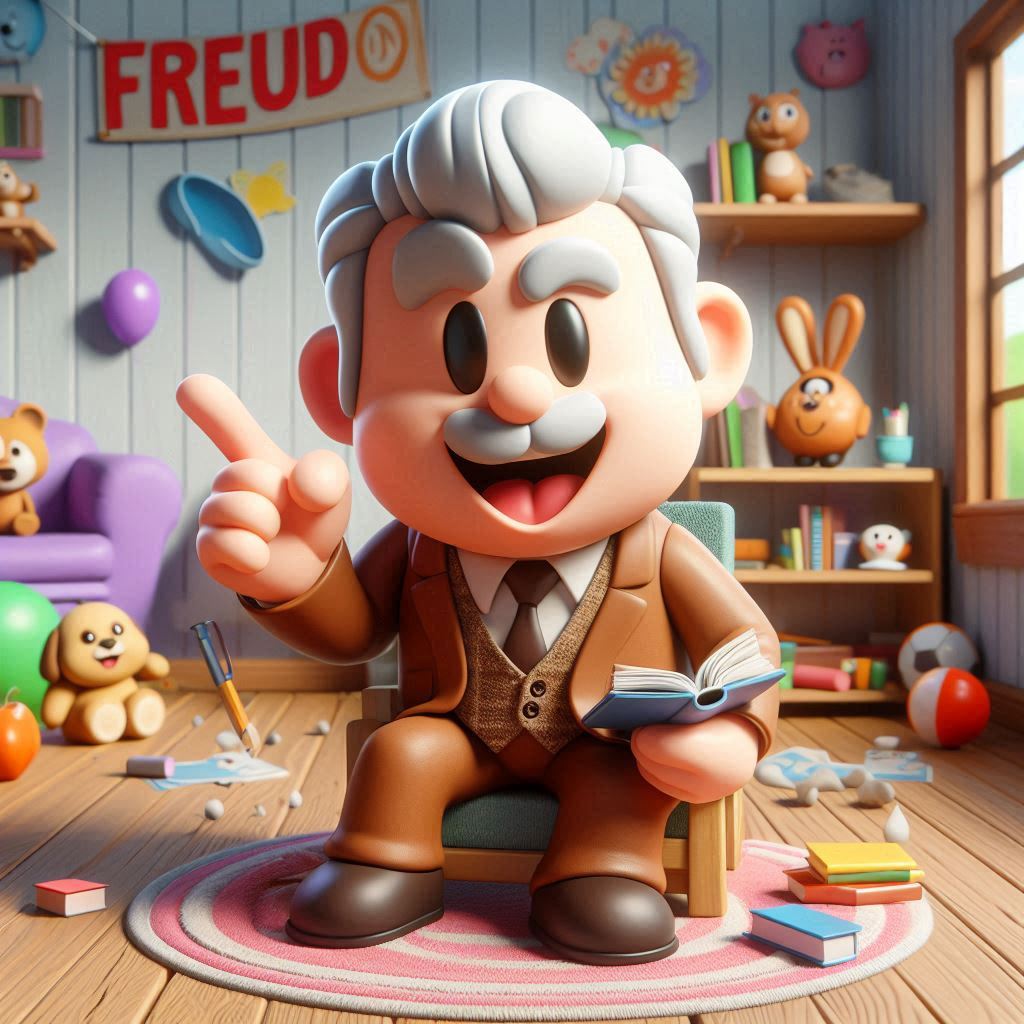
IV. Freud’s Perspective on Humor and Jokes
Freud believed humor is a fascinating window into the unconscious mind, revealing hidden desires and repressed feelings with a light-hearted touch that brings insight and joy.
- Freud saw jokes as playful clues to our deepest thoughts hiding just beneath the surface.
- He thought laughter was a way to safely express thoughts we usually keep quiet.
- According to Freud, humor helps us confront uncomfortable truths with a smile.
- He believed jokes act as psychological pressure valves, releasing built-up tension.
- Freud considered humor a social glue that binds people through shared understanding.
- He viewed puns as clever tricks that tap into our subconscious associations.
- Freud thought that a good joke can momentarily free us from our inner conflicts.
- He believed humor reflects the mind’s ability to reconcile contradictions.
- Freud saw humor as a healthy way to handle life’s stresses and surprises.
- He thought that laughter can serve as a defense, protecting us from anxiety.
- Freud believed jokes often reveal our true feelings about authority and social rules.
- He thought that humor helps us process repressed memories in a playful way.
- Freud viewed the timing and delivery of jokes as crucial to unlocking unconscious meanings.
- He believed that jokes involving family highlight underlying emotional dynamics.
- Freud saw humor as a form of mental flexibility, turning discomfort into amusement.
- He thought that shared laughter fosters social bonds rooted in common unconscious themes.
- Freud believed that the pleasure of humor lies in the mind’s ability to surprise itself.
- He considered jokes a mirror reflecting the complex layers of our personality.
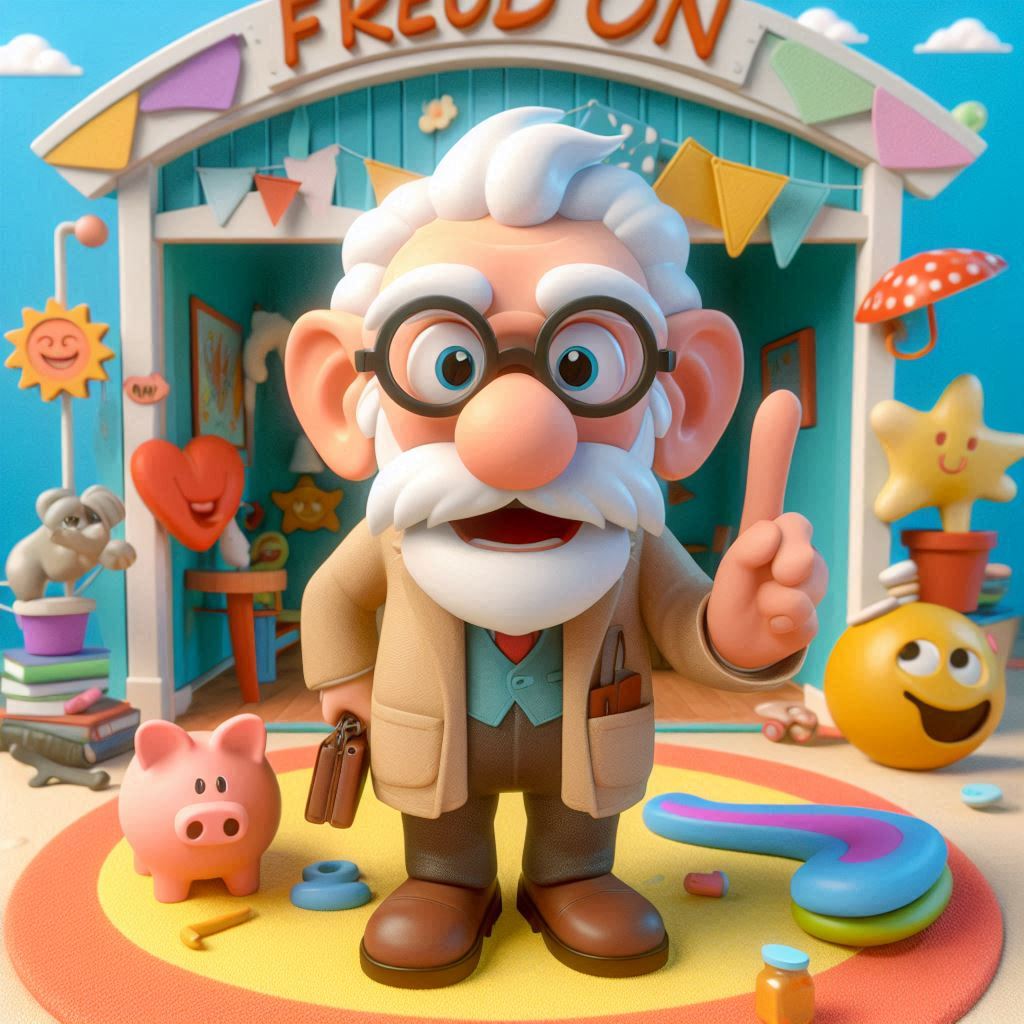
V. Famous Jokes Analyzed by Freud
Discover how Freud interpreted some of the most well-known jokes, revealing the hidden psychological meanings and unconscious desires behind everyday humor.
- Why did the chicken cross the road? Freud saw it as a symbol of the instinctual drive to explore and escape repressed fears.
- Why is the math book sad? Freud might say it’s expressing repressed feelings of inadequacy and frustration.
- Why did the scarecrow win an award? Freud would interpret this as a projection of the desire for recognition and self-worth.
- Why do we never tell secrets on a farm? Freud believed it’s because of the subconscious fear of being exposed or vulnerable.
- Why was the bicycle tired? Freud might suggest it’s a metaphor for balancing repressed feelings and desires.
- Why did the computer go to therapy? Freud would see this as a symbol of the mind’s need to process complex unconscious conflicts.
- Why do some people carry a ladder? Freud might interpret it as a desire to elevate oneself or access higher unconscious levels.
- Why did the pencil break up with the paper? Freud could see it as a conflict between expression and repression.
- Why was the calendar always sad? Freud might say it’s because it’s constantly reminded of the passage of time and mortality.
- Why did the cookie go to the doctor? Freud would interpret this as a symbol of craving and the desire for comfort.
- Why was the belt arrested? Freud might see it as repression of impulses or a desire to hold things together.
- Why did the grape stop in the middle of the road? Freud could interpret this as a symbol of suppressed desires coming to a head.
- Why did the lamp refuse to turn off? Freud might suggest it’s a metaphor for suppressed inner thoughts that refuse to be silenced.
- Why was the book always anxious? Freud would interpret it as a reflection of repressed knowledge or fears about the unknown.
- Why did the clock break down? Freud might see it as a symbol of anxiety about time and mortality.
- Why did the mirror refuse to show the truth? Freud would suggest it’s a defense mechanism hiding repressed aspects of the self.
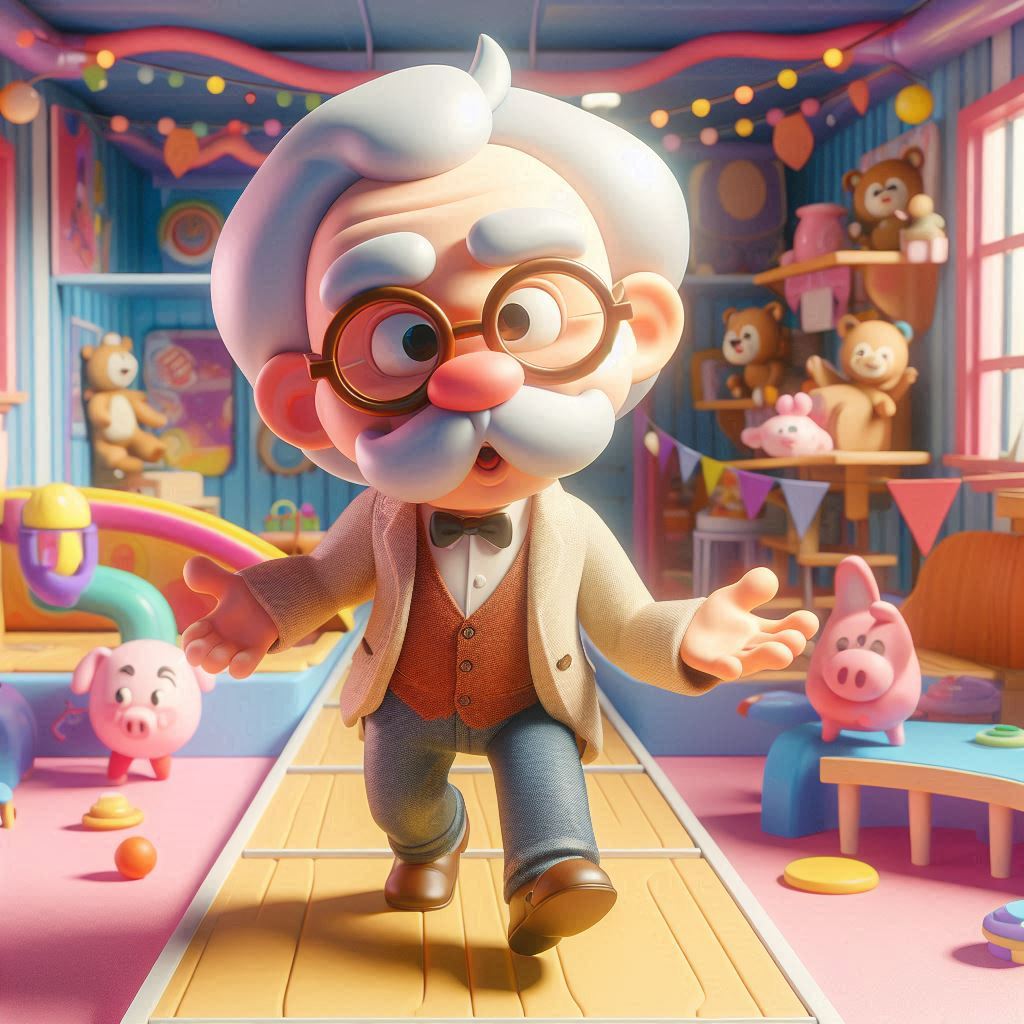
VI. Understanding Jokes Through Freud’s Lens
Freud’s perspective on jokes reveals how humor uncovers subconscious thoughts, repressed desires, and the hidden workings of the human mind.
1. A joke is like a secret handshake between the conscious and unconscious mind.
2. Humor acts as a mirror reflecting the unspoken feelings we often suppress.
3. Jokes serve as a safe space to explore taboo thoughts without judgment.
4. Through humor, repressed memories surface in a playful, manageable way.
5. The punchline often contains a hidden truth waiting to be revealed.
6. Laughter helps release internal tension tied to unresolved conflicts.
7. A clever joke unlocks unconscious associations linked to personal experiences.
8. Humor provides a psychological release, easing inner pressures.
9. The timing of a joke reflects the mind’s attempt to reconcile contradictions.
10. Jokes involving family reveal underlying emotional and psychological dynamics.
11. Freud saw humor as a way to process feelings that are too difficult to face directly.
12. The playful nature of jokes masks deeper anxieties and desires.
13. A joke’s complexity mirrors the intricate layers of the subconscious mind.
14. Humor acts as a bridge connecting conscious awareness with hidden impulses.
15. The acceptance of a joke indicates acknowledgment of repressed thoughts.
16. Repressed feelings often surface through humorous expressions in social settings.
17. Freud believed that understanding humor helps uncover the roots of psychological conflicts.

VII. Clever Jokes Explained by Freud
Freud’s analysis of clever jokes uncovers how humor reveals hidden layers of the mind.
Connecting wit with subconscious thoughts and emotional undercurrents in a playful way.
- Why did the scarecrow become a comedian? Freud saw it as a symbol of standing tall despite repressed fears.
- How does Freud interpret a pun about a bicycle? As a metaphor for balancing repressed feelings on two wheels.
- Why did the clock tell a joke? Freud believed it was timing the release of unconscious thoughts.
- What did Freud say about a joke involving a ladder? It’s about reaching new levels of understanding hidden desires.
- Why was the pencil always joking? Freud saw it as a symbol of expressing repressed creativity.
- How does Freud analyze a joke about a mirror? As reflecting the hidden truths we often avoid confronting.
- Why do clever jokes about animals appeal to Freud? They symbolize instinctual drives and unconscious urges.
- What’s Freud’s view on a joke about a light bulb? It represents illuminating repressed ideas waiting to be acknowledged.
- Why did the calendar joke make Freud smile? Because it’s about the passage of time and the inevitability of change.
- How does Freud interpret a joke about a key? As unlocking subconscious secrets we’re hesitant to reveal.
- Why did Freud appreciate a joke involving a toolbox? Because it’s about accessing the hidden tools of the mind.
- What does Freud say about a joke involving a map? It’s about navigating the unconscious landscape within.
- Why was the lamp joke so clever? It symbolizes shedding light on repressed thoughts that refuse to stay hidden.
- How does Freud see a joke about a bridge? As connecting conscious awareness with unconscious feelings.
- Why did Freud find humor in a joke about a tree? It’s a metaphor for growth and the roots of repressed emotions.
- What’s Freud’s take on a joke about a chair? As representing stability or insecurity in the psyche.
- Why do jokes about a suitcase appeal to Freud? They symbolize carrying repressed memories and feelings.
- How does Freud interpret a joke involving a door? As an entry point to exploring hidden aspects of the self.
- Why did Freud find humor in a joke about a lock? Because it’s about securing or releasing unconscious impulses.
VIII. Freud’s Take on the Psychology of Jokes
Freud believed humor reveals unconscious drives, serving as a window into hidden thoughts and repressed feelings, illustrating the mind’s complex mechanisms through playful expression.
- Freud saw jokes as playful expressions of underlying subconscious motivations that often remain hidden.
- He believed laughter acts as a release valve for repressed emotions and inner conflicts.
- According to Freud, humor provides a safe outlet for exploring taboo or uncomfortable thoughts.
- He thought that jokes serve to disguise or diminish threatening unconscious impulses.
- Freud viewed humor as a defense mechanism that helps manage anxiety and internal tensions.
- He believed that the content of jokes often reflects unresolved conflicts within the psyche.
- Freud argued that humor allows the conscious mind to temporarily access repressed memories and desires.
- He considered that the timing and delivery of jokes reveal unconscious processing of thoughts.
- Freud thought that jokes about social norms highlight underlying tensions between individual instincts and societal expectations.
- He believed that humor involving family or authority figures exposes hidden feelings about relationships and power dynamics.
- Freud saw the pleasure derived from jokes as rooted in the mind’s ability to transform repressed material into acceptable amusement.
- He proposed that humor can serve as a mirror reflecting unconscious fears, hopes, and desires.
- Freud believed that the complexity of certain jokes indicates layered unconscious associations waiting to be uncovered.
- He thought that understanding the psychology of jokes helps reveal how the mind copes with internal conflicts.
- Freud viewed humor as an expression of the ego’s attempt to reconcile conflicting unconscious impulses.
- He suggested that laughter is a release of tension caused by the suppression of forbidden thoughts.
IX. The Role of Jokes in Freud’s Work
Freud viewed jokes as vital tools that reveal hidden aspects of the human mind, serving as gateways to understanding unconscious motivations and the complex nature of human psychology.
Freud believed jokes serve as insightful reflections of the subconscious, offering a playful yet profound window into the inner workings of the mind and emotional landscape.
- Why did Freud consider jokes essential to understanding the psyche? Because they unlock the hidden thoughts we often keep concealed.
- How do jokes function in Freud’s theory? They act as disguised expressions of repressed desires, providing safe outlets for inner conflicts.
- What role do jokes play in Freud’s exploration of the unconscious? They serve as symbolic messages revealing suppressed feelings and impulses.
- Why did Freud emphasize humor in his work? Because laughter helps access and process unconscious material in a non-threatening way.
- How do jokes contribute to Freud’s psychoanalytic approach? They act as diagnostic tools that expose underlying emotional tensions.
- What significance do jokes hold in Freud’s view of human development? They reflect early unconscious conflicts and social learning about expressing feelings.
- Why are jokes considered meaningful in Freud’s research? Because they often contain layered symbols that uncover hidden fears and wishes.
- How do jokes relate to Freud’s concept of defense mechanisms? They mask deeper anxieties, allowing expression without confrontation.
- What did Freud believe about humor’s role in social cohesion? It facilitates bonding through shared understanding of unconscious themes.
- In Freud’s perspective, how do jokes influence emotional health? They provide relief by transforming repressed emotions into laughter and acceptance.
- Why did Freud see humor as integral to mental well-being? Because it balances internal tensions and fosters self-awareness.
- How do jokes serve as a bridge in Freud’s theory? They connect conscious awareness with the unconscious mind’s hidden content.
- What is the importance of timing and delivery in Freud’s view of jokes? They help reveal the unconscious content embedded within humorous expressions.
- How do jokes reflect societal norms in Freud’s analysis? They expose underlying conflicts between individual impulses and collective expectations.
- Why did Freud regard humor as a form of psychological insight? Because it uncovers the often unconscious motives behind human behavior.
X. The Connection Between Jokes and the Unconscious
Freud believed jokes reveal the unconscious mind, exposing hidden desires and repressed feelings through playful expressions.
That offer profound psychological insights and deepen self-understanding.
- Humor acts as a secret language, translating unconscious thoughts into shared laughter.
- Jokes serve as a bridge, connecting surface amusement with deep-seated subconscious drives.
- The punchline often hides a truthful insight that the conscious mind might avoid acknowledging.
- Laughing at a joke can momentarily bring unconscious conflicts into conscious awareness.
- Humor provides a safe space to explore feelings that are usually tucked away deep inside.
- Repressed impulses find expression through clever twists and turns in jokes.
- Jokes act as psychological releases, easing internal tensions stored in the unconscious.
- The humor we enjoy often mirrors our own hidden fears and unspoken desires.
- Timing and delivery in jokes reflect the mind’s effort to reconcile conflicting unconscious thoughts.
- Family-related jokes uncover underlying emotional dynamics rooted in childhood and repressed feelings.
- Humor helps us process complex emotions by transforming them into socially acceptable laughter.
- The layered meanings in jokes mirror the multi-level structure of the unconscious mind.
- Shared laughter fosters social bonds rooted in common unconscious themes and experiences.
- Humor allows us to confront uncomfortable truths indirectly, easing emotional resistance.
- The unconscious mind often guides the creation and appreciation of jokes, revealing personal inner worlds.
- Analyzing jokes can uncover the underlying conflicts that shape our perceptions and behaviors.
- Jokes about everyday objects symbolize unconscious feelings about personal issues and relationships.
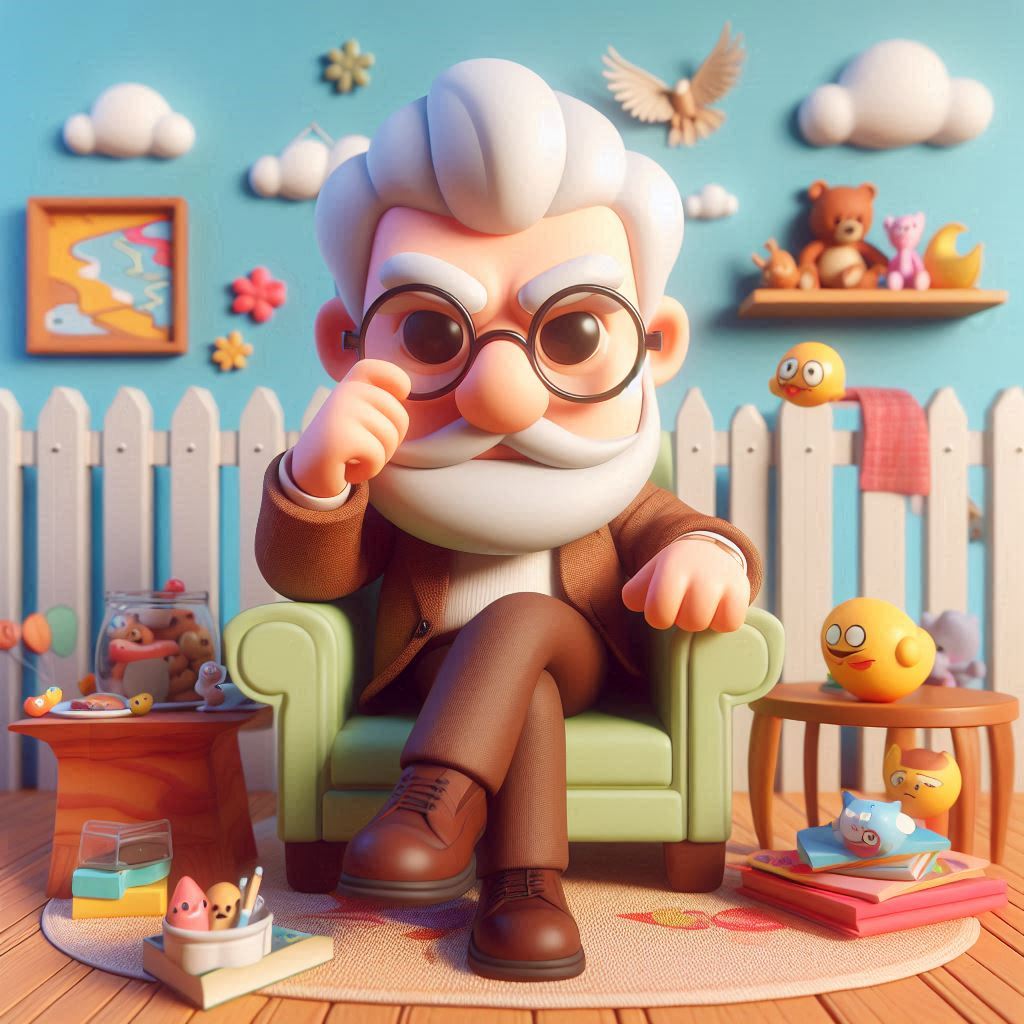
XI. The Connection Between Jokes and the Unconscious
Humor reveals hidden thoughts, unlocking the subconscious and offering a playful window into our deepest feelings and desires.
- Humor acts as a secret language, translating unconscious thoughts into shared laughter.
- Jokes serve as a bridge, connecting surface amusement with deep-seated subconscious drives.
- The punchline often hides a truthful insight that the conscious mind might avoid acknowledging.
- Laughing at a joke can momentarily bring unconscious conflicts into conscious awareness.
- Humor provides a safe space to explore feelings that are usually tucked away deep inside.
- Repressed impulses find expression through clever twists and turns in jokes.
- Jokes act as psychological releases, easing internal tensions stored in the unconscious.
- The humor we enjoy often mirrors our own hidden fears and unspoken desires.
- Timing and delivery in jokes reflect the mind’s effort to reconcile conflicting unconscious thoughts.
- Family-related jokes uncover underlying emotional dynamics rooted in childhood and repressed feelings.
- Humor helps us process complex emotions by transforming them into socially acceptable laughter.
- The layered meanings in jokes mirror the multi-level structure of the unconscious mind.
- Shared laughter fosters social bonds rooted in common unconscious themes and experiences.
- Humor allows us to confront uncomfortable truths indirectly, easing emotional resistance.
- The unconscious mind often guides the creation and appreciation of jokes, revealing personal inner worlds.
- Analyzing jokes can uncover the underlying conflicts that shape our perceptions and behaviors.
- Jokes about everyday objects symbolize unconscious feelings about personal issues and relationships.
- Humor acts as a mirror reflecting the complex layers of our inner psychological landscape.
- Understanding the connection between jokes and the unconscious enhances self-awareness and emotional health.
XII. Freud’s Humor Theory and Its Impact
Freud’s humor theory reveals how laughter reflects unconscious processes, shaping modern.
Understanding of psychology and highlighting humor’s vital role in mental well-being and social connection.
- Why did Freud believe humor could change the world? Because it unites us by revealing our shared unconscious truths.
- How does Freud’s humor theory influence modern psychology? It highlights laughter as a therapeutic tool for exploring repressed feelings.
- Why are Freud’s ideas about jokes still relevant? Because they explain how humor helps us manage internal conflicts and social pressures.
- What impact did Freud’s humor analysis have on therapy? It encouraged using laughter to access hidden thoughts safely.
- How does Freud’s theory affect our understanding of comedy? It shows comedy as a mirror reflecting deeper psychological realities.
- Why do Freud’s ideas matter in everyday life? Because they demonstrate how humor fosters resilience and emotional health.
- What is the significance of Freud’s humor impact? It bridges the gap between unconscious drives and conscious awareness through laughter.
- How did Freud’s theory change perceptions of social norms? It revealed how jokes challenge or reinforce societal expectations subtly.
- Why do psychologists still study Freud’s humor concepts? Because they provide insights into the complex relationship between mind and behavior.
- What does Freud’s impact say about humor’s role in human development? It shows humor as a fundamental part of emotional growth and self-awareness.
- How did Freud influence the understanding of emotional resilience? By illustrating laughter as a means to process repressed feelings healthily.
- Why is Freud’s impact on humor significant for cultural studies? It explains universal themes that connect different societies through shared unconscious motifs.
- What is the legacy of Freud’s humor impact? It fosters a deeper appreciation of laughter as a vital psychological and social function.
- How does Freud’s theory contribute to mental health practices? It encourages integrating humor into therapeutic settings for holistic healing.
- Why does Freud’s impact continue today? Because his ideas about humor and the unconscious remain foundational in understanding human nature.
FAQ: Freud’s Take on Jokes – A Witty Insight into Humor and the Unconscious
Discover how Freud’s perspective on jokes reveals the playful side of the mind, making humor a fascinating window into our subconscious. A fun read for all ages!
What did Freud believe about the purpose of jokes?
Freud saw jokes as a way for the mind to release tension and express thoughts that might be difficult to communicate openly.
Serving as a safe outlet for unconscious desires and feelings.
How does Freud differentiate between jokes and other forms of humor?
Freud believed jokes are more about releasing repressed feelings.
While other humor forms, like satire or slapstick, serve different social or entertainment purposes.
What role does the unconscious mind play in jokes according to Freud?
Freud argued that jokes tap into unconscious thoughts and feelings.
Allowing individuals to express hidden truths in a socially acceptable and amusing way.
Are there different types of jokes based on Freud’s theory?
Yes, Freud categorized jokes into types like wit, humor, and jokes that reveal repressed wishes, each serving different psychological functions.
Can Freud’s theory explain why we find certain jokes funny?
According to Freud, humor activates unconscious conflicts and releases pent-up emotions.
Which is why certain jokes resonate and evoke laughter.
What is the significance of taboo topics in Freud’s view of jokes?
Freud jokes often involve taboo topics because they allow people to confront forbidden thoughts in a humorous, non-threatening way.
How does Freud’s perspective help us understand the social aspect of jokes?
Freud saw jokes as social tools that help reinforce bonds by allowing shared understanding of unconscious feelings and societal taboos.
Are jokes a form of subconscious communication, according to Freud?
Yes, Freud considered jokes a form of subconscious communication.
Revealing underlying thoughts and emotions that are often hidden in daily life.
What can we learn about ourselves from Freud’s analysis of jokes?
Freud’s insights suggest that humor can be a mirror to our unconscious mind.
Helping us understand hidden fears, desires, and conflicts in a lighthearted way.
Wrap Up
Freud on jokes highlights their role in revealing hidden thoughts, much like puns do with words. He believed humor serves as a safe outlet for subconscious desires.
Jokes allow us to express what’s often kept quiet. This insight shows humor’s deep psychological roots.
Freud saw jokes as a way to release mental tension safely. They provide a moment of relief from daily stress. Understanding this can deepen your appreciation for simple humor.
Remember, humor is a universal language connecting all ages. Light, clever jokes brighten any day without causing offense. It’s a family-friendly way to bring smiles to everyone.
We invite you to revisit our site often. We update jokes daily to keep your humor fresh and lively. Bookmark us, share with friends, and keep the laughter going! 😊
Thanks for reading! Your support helps us bring more smiles every day. Stay tuned for more fun and clever jokes. Have a great day filled with laughter! 🎉

